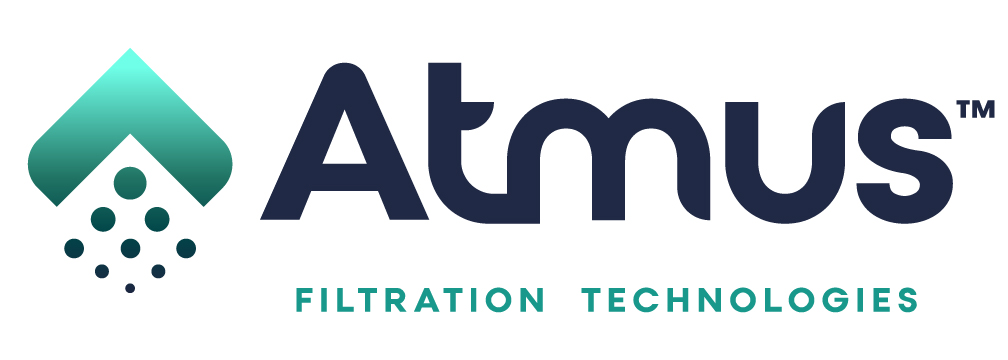Water shortages are common in parts of Mexico and the impact of drought has been exacerbated by climate change. Our filtration plant in San Luis Potosí, Mexico – a semi-desert region – is located in one of the highest-ranking municipalities on the vulnerability index in the country. In areas like this, residents can face problems accessing drinking water. To avoid contributing to the high level of water stress, we relandscaped the site’s garden.
Phase one: Installing native plants
The first phase of the project took place in 2016 when we replaced the 2,100 m² of traditional, intensively water-consuming landscaping with a garden containing native desert plants. Needing much less water to survive, this new desert garden helped to significantly reduce the amount of treated and potable water required for irrigation. In 2020, the average monthly volume of water used to irrigate the remaining green areas of the garden was down to 9,500 liters.
Phase two: Replacing grassy areas
A second phase of the project saw 100 m² of grassy areas replaced with more native species. This change cut treated water usage again by 95% and during 2022 no water was used for irrigation.
Ongoing benefits
The project also had the knock-on effect of reducing the population of harmful creatures such as poisonous snakes, spiders and scorpions. An additional benefit of this project was its educational value in allowing our employees to understand what could work for them in their own yards and in the broader community, further aligning this initiative with our social responsibility framework.
Reducing water consumption elsewhere
Across all operations, Atmus continues to reduce water consumption by improving facility infrastructure and processes, as well as by eliminating single pass cooling and irrigation systems.
Find out more about our environmental initiatives by visiting our Environmental Sustainability page.
